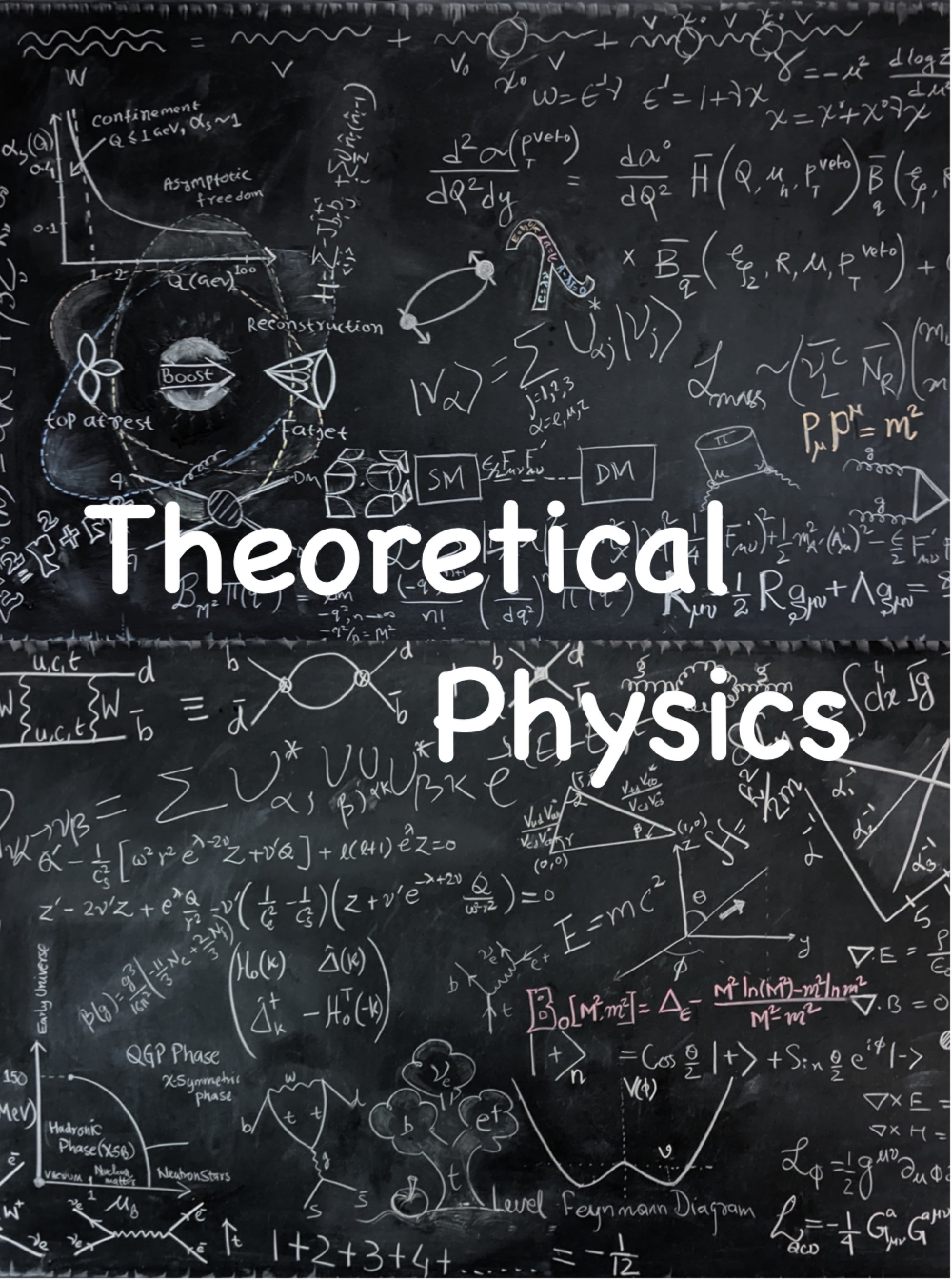Theoretical Physics
|
|
Research Overview
The theoretical physics group was initiated at PRL soon after its establishment. Starting with activities in Nuclear Physics, it diversified into plasma physics and complex systems. In the mid-80s, the group expanded its theoretical high energy physics activities, and in the mid-90s, the astroparticle group was started. During the last decade, major scientific areas have been explored namely collider physics, neutrino and flavour physics, astroparticle physics and cosmology, strong interaction physics, complex systems, high Tc superconductivity, and atomic physics.
The research pursued in the division can be broadly categorized into the following themes and members pursuing research activities: (1) Collider Physics, Neutrino Physics, Flavour Physics and Beyond Standard Model, (2) Quantum Chromodynamics, Quark-Gluon Plasma, Nuclear Physics, (3) Astroparticle Physics and Cosmology, (4) Unconventional superconductivity, Electronic transport theories, itinerant magnetism, Bose Condensation, strongly correlated systems, and topological materials.
Areas of Research
– Theoretical and Phenomenological aspects of elementary particle physics: Collider physics, Neutrino physics, Flavour physics, Precision physics, CP violation, Physics beyond the Standard Model
– Quark-gluon plasma, Quantum Chromo-Dynamics (QCD) phase transitions
– Gravitation, Cosmology and Astroparticle physics: Inflation, Dark Matter, Early Universe, Cosmic Microwave Background radiation, Gravitational waves
– Atomic physics: Bose-Einstein condensation, Degenerate Quantum gasses
– Condensed matter physics: (un)conventional superconductivity, topology in condensed matter systems
– Artificial Intelligence and Deep Machine Learning in fundamental research
Research topics offered for Ph.D. program
– Quantum condensed matter physics (including topological materials)
– Strongly correlated electronic system
– Itinerant magnetism
– Unconventional superconductivity
– Neutrino Physics
– Collider Physics
– Dark Matter phenomenology
– CP violation
– Baryogenesis
– Artificial Intelligence and Machine Learning techniques in fundamental physics
– Heavy flavor physics
– Effective field theories
– Strong interaction physics and Quark-Gluon Plasma
– Precision calculations in strong and electroweak interaction physics
– Studies of extended gauge, global and space-time symmetries
Courses offered to Research Fellows
– Advanced Electrodynamics
– Advanced Quantum Mechanics
– Advanced Statistical Mechanics
– Quantum Field Theory (Introductory and Advanced)
– Particle Physics
– Group Theory for Particle Physics
– General Theory of Relativity and Cosmology
– Mathematical methods in theoretical physics
– Numerical methods for scientific computation
– Advanced condensed matter physics

